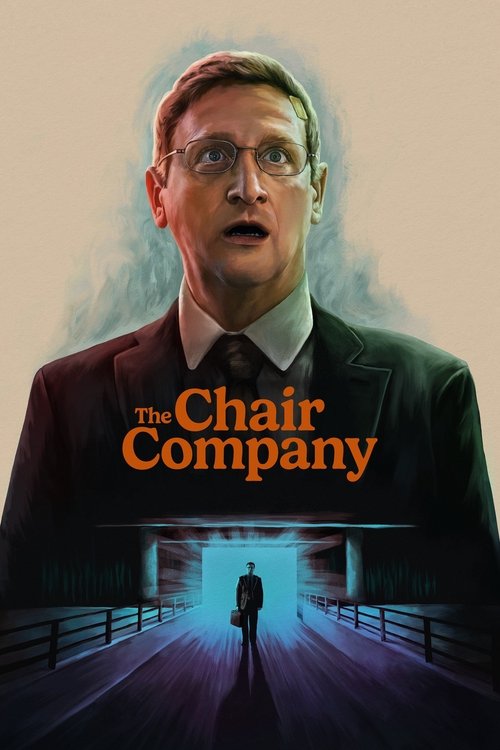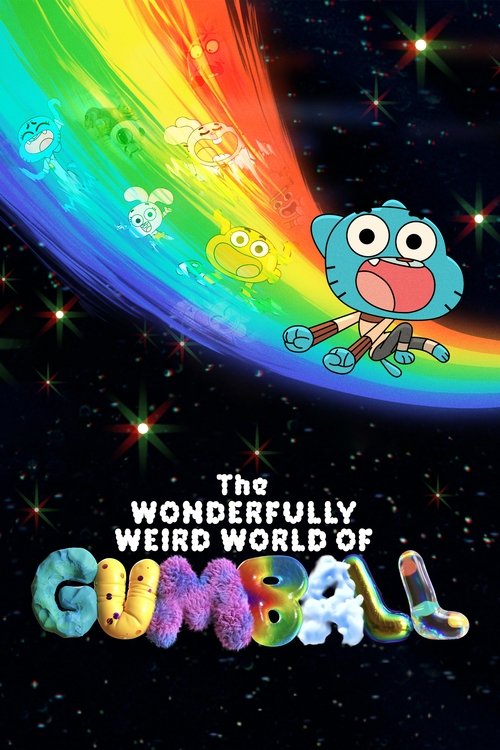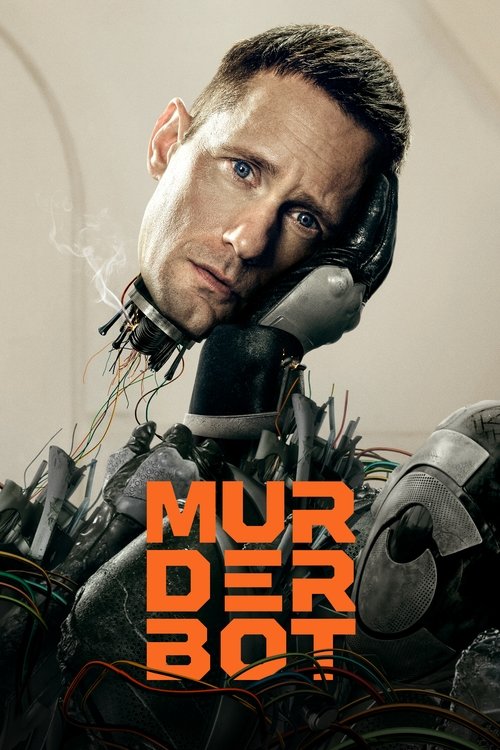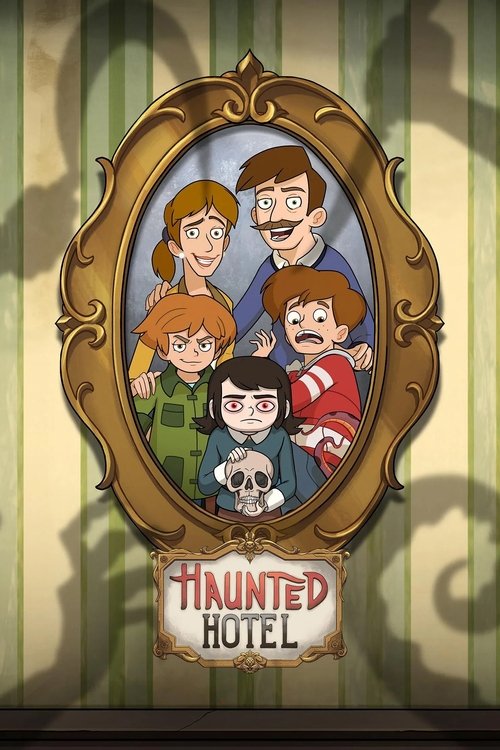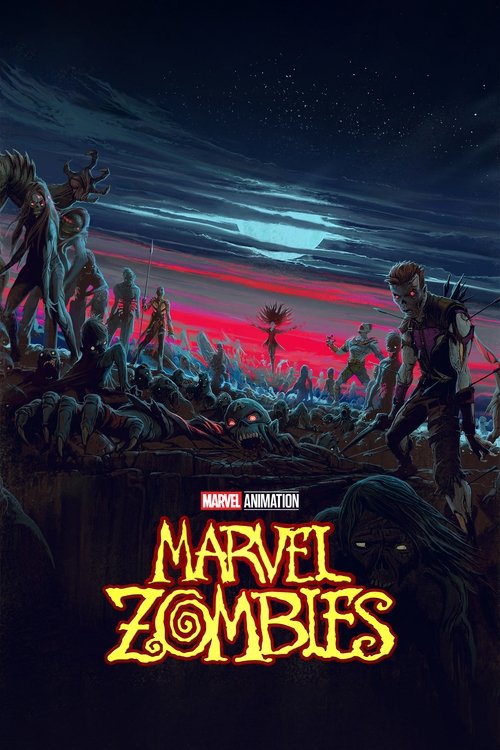
Ask Your Own Question
What is the plot?
Charlie Summers, an ex-Kiwi Broadway director, returns to his hometown of Tauranga, New Zealand, initially intending to stay only two days to sort out his visa issues. He has recently been fired from his position as director of the Broadway production Cats in New York and is involved in a scandal where actress Sally Field broke her arm. Due to these events, Charlie's visa is suddenly cancelled, forcing him to remain in Tauranga.
Upon arrival, Charlie's mother, Gaye, who is the president of the local amateur musical theatre society called Pizazz, persuades him to join the group. Despite his reluctance and painful memories related to his theatrical past, including unresolved tension with the company director Adrian, Charlie agrees to help with the upcoming musical production, The Trojan Horse.
Charlie struggles through the auditions for The Trojan Horse, dealing with the eccentric and mismatched cast and crew typical of community theatre. He is haunted by his past and the ghosts of his Peter Pan-related theatrical experiences. Meanwhile, he learns that to get his visa reinstated, he must prove he holds a critical role in an organization with a distinguished reputation in his field, which seems impossible in Tauranga.
The local real estate agent, Jacqui, becomes involved in the story, singing a song that humorously references her role and relationship with Charlie. The production of The Trojan Horse proceeds with limited resources, including a prop budget of only $167, highlighting the resourcefulness and Kiwi "Number Eight Wire" attitude of the cast and crew.
Throughout the rehearsals, Charlie navigates backstage dynamics, including conflicts with Adrian, the company director, and the challenges faced by the music director Gloria, who struggles to be heard. The cast includes a young ingenue overshadowed by a haughty star, and Charlie attempts to direct Jacqui as Helen of Troy, suggesting she drop the classical English accent, which results in a stronger Kiwi accent instead.
As the production progresses, Charlie confronts his past and the reasons for his departure from New Zealand, while also dealing with the visa complications that brought him back. His mother Gaye's enthusiasm and the community's support gradually draw him into the local theatre world, despite his initial resistance.
The series culminates with the staging of The Trojan Horse, showcasing the talents and dedication of the amateur theatre group. Charlie's involvement proves critical to the success of the production, which helps him meet the visa requirements. The show ends with a sense of reconciliation between Charlie and his past, as well as a renewed connection with his mother and the Tauranga community.
No further major plot twists or confrontations are detailed in the available sources, but the series is noted for its affectionate and detailed portrayal of community musical theatre life in New Zealand, blending comedy, drama, and musical elements throughout.
What is the ending?
The ending of the TV show Happiness (2025) centers on the resolution of the viral outbreak within the apartment complex. The main character Yi-Hyun confronts Andrew, an infected man, and is taken hostage. Sae-Bom, trying to save Yi-Hyun, cuts her hand to lure Andrew out. Andrew convulses and is eventually shot dead. Yi-Hyun loses consciousness but the threat is finally over. A year later, a vaccine has been successfully distributed in Korea, life has returned to normal, and Sae-Bom and Yi-Hyun are together, while those responsible for the outbreak face justice in court.
Here is the expanded, scene-by-scene narrative of the ending:
The climax unfolds in the chaotic apartment complex. Yi-Hyun, determined to eradicate the viral threat, searches the premises and finds Andrew, an infected man responsible for much of the violence. In a tense standoff, Andrew takes Yi-Hyun hostage and threatens him with a gun. The danger is palpable--the infected man is unstable and violent.
Sae-Bom arrives just in time, seeing no other option, cuts her own hand to bleed. The blood draws Andrew's attention, triggering his convulsions. In his frenzy, Andrew loosens his grip on Yi-Hyun and staggers toward Sae-Bom, who stands her ground despite the risk. The authorities or others present then shoot Andrew, stopping the immediate danger.
As Andrew falls, Yi-Hyun collapses, fading out of consciousness. The severe ordeal seems to be over, signaling the end of the viral threat in this community.
The narrative then jumps forward one year. The vaccine has been developed and successfully administered nationwide, containing the outbreak. The story shows the streets and society recovering--people are out and about, and the economy is rebounding. Sae-Bom and Yi-Hyun are reunited and appear to be living together peacefully.
Meanwhile, justice is served for those who exploited the crisis. Scenes in a courtroom reveal that the corrupt and malicious individuals involved in worsening the situation face legal consequences. The show closes on a hopeful note, with the main characters safe and the viral threat eradicated, though the exact details of the vaccine's distribution and global impact are lightly touched upon rather than deeply explored.
This ending encapsulates a final resolution of the threat and a moment of calm after the storm, emphasizing survival, justice, and the return to normalcy for the characters.
Is there a post-credit scene?
The TV show Happiness produced in 2025 does not have any information available about a post-credit scene in the provided search results. None of the sources mention Happiness or describe any post-credit or mid-credit scenes related to it.
The search results mainly discuss post-credit scenes for other 2025 productions such as I Know What You Did Last Summer (which has a mid-credits scene), Lilo & Stitch (which does not have a full post-credit scene), Sinners (which has both mid- and post-credit scenes), and Jurassic World Rebirth (which does not have a post-credit scene).
Since no details about Happiness' post-credit content appear in the search results, it is likely that either the show does not have a post-credit scene or that such information has not been publicly documented yet.
What are the symptoms and transmission method of the Lytta Virus in Happiness (2025)?
The Lytta Virus, also called 'mad person disease,' causes symptoms starting with an uncontrollable thirst, followed by pupils turning white, and then a thirst for human blood. It spreads through scratches and bites, not airborne transmission.
What are the main challenges the characters face in the story of Happiness (2025)?
In Happiness (2025), the characters face the challenge of surviving and coping with a pandemic caused by the Lytta Virus, which causes infected individuals to experience insanity and bloodlust, eventually turning into zombie-like states. They also deal with social issues such as class discrimination within their living environment, and the tension between quarantine enforcement and civil rights. The story explores how residents in a stratified apartment building navigate these dangers and social conflicts while trying to find safety and maintain their humanity.
What role does the apartment building setting play in the story?
The apartment building in Happiness (2025) serves as a microcosm of society, with a clear stratification between public rentals on the lower floors and owned apartments on the upper floors. This setting highlights class discrimination and social tensions among residents. It also becomes a focal point for the spread of the Lytta Virus and the characters' efforts to survive and protect each other, making it a critical element of the story's atmosphere and conflict.
How is the Lytta Virus transmitted and what are its symptoms?
The Lytta Virus in Happiness (2025) is transmitted through scratches and bites, not airborne. Its symptoms begin with an uncontrollable thirst, followed by pupils turning white, and then a thirst for human blood. Infected individuals experience bouts of insanity and bloodlust before regressing into a zombie-like state. Some infected can temporarily return to their former selves, adding complexity to the threat they pose.
What kind of social commentary does Happiness (2025) include within its story?
Happiness (2025) incorporates sharp social commentary on issues such as class discrimination, civil rights versus public safety during a pandemic, and the human struggle to maintain dignity and connection in extreme circumstances. The show uses the apocalyptic thriller and zombie drama genres to explore these themes, particularly through the interactions and conflicts among the apartment residents and the broader societal response to the Lytta Virus outbreak.
Is this family friendly?
The TV show Happiness produced in 2025 is not explicitly detailed in the search results regarding family-friendliness or specific upsetting content. However, based on general context about similarly produced family shows in 2025, such as "Happy Family USA" which is described as a heartwarming, family-friendly sitcom with humor and relatable family dynamics suitable for viewers of all ages, one might infer that shows targeting family themes tend to aim for broadly accessible content.
Since no direct review or content warning specific to "Happiness" (2025) was found, it is prudent to note that:
- If "Happiness" involves typical family or drama themes, potential objectionable or upsetting elements for children or sensitive viewers might include emotional conflicts, mild language, or tension related to family dynamics.
- No references indicated graphic violence, strong language, or adult content in "Happiness."
- Without spoilers, viewers sensitive to family drama or emotional tension should be aware that such shows can feature moments of upset or conflict though usually handled in a manner suitable for general audiences.
Because the search did not return detailed content warnings or parental guides specific to "Happiness," parents or sensitive viewers are advised to check the official rating or parental advisory once available or preview the show for personal suitability.
In summary, there is no specific evidence from 2025 sources that "Happiness" contains content strongly inappropriate for children or sensitive viewers, but standard caution about emotional family drama applies given the genre. No explicitly objectionable or distressing scenes were listed in the sources reviewed.
Does the dog die?
There is no indication that a dog dies in the upcoming 2025 TV show titled "Happiness," according to available information. The current entry for "Happiness (TV Series 2025– )" on IMDb does not provide any plot details or audience warnings regarding animal harm, nor do the listed summaries mention a dog.
Note: This is a different production from the well-known South Korean series "Happiness" aired in 2021, which also does not prominently feature a dog death in its main plot. For the specific query about the 2025 show, there is no relevant data confirming the death of a dog as of now.
How does the contract marriage between Yoon Sae-bom and Jung Yi-hyun affect the story?
The contract marriage between Yoon Sae-bom and Jung Yi-hyun is a key plot device that allows Sae-bom to secure an apartment in a newly constructed building, which is central to the story's setting. This arrangement brings them into close contact and leads to the development of their relationship amid the crisis. Their interactions provide emotional depth and highlight themes of trust, protection, and partnership in a dangerous world.








